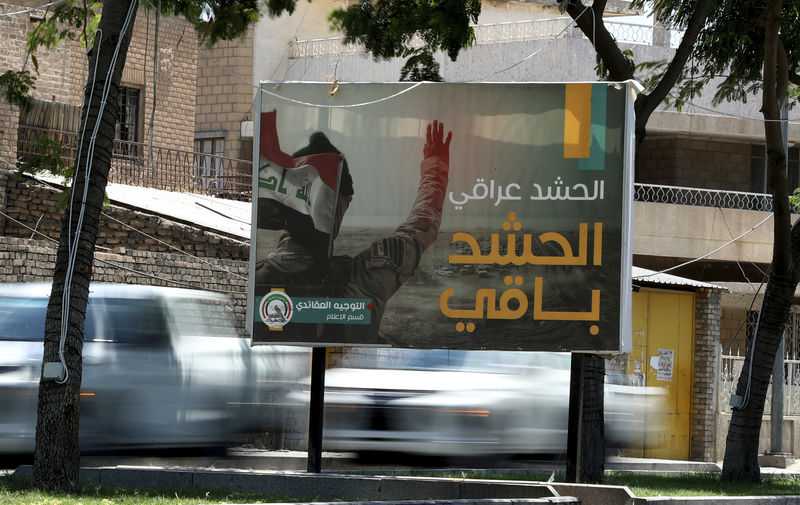Iraqi PM takes gamble on Iran-backed militias
06 July, 2019

The Iraqi government’s move this week to place Iranian-backed militias under the command of the armed forces is a political gamble by a prime minister caught in the middle of a dangerous rivalry between Iran and the United States, the two main power brokers in Iraq.
Facing pressure from the United States to curb the militias, the move allows Prime Minister Adel Abdul-Mahdi to demonstrate a tough stance ahead of a planned visit to Washington, expected to take place in the coming weeks. It is unlikely, though, that he would be able to rein in the powerful Iran-supported militias, and he risks coming off as a weak and ineffective leader if he doesn’t.
Besides having built credibility as an effective force against the Islamic State group, the mainly Shiite militias, known collectively as the Popular Mobilization Forces, are a significant political force, with government ministers and 48 seats in the 329-member Parliament.
The PMF “is among the parties that achieved victory for Iraq against [the Islamic State group], liberating Mosul and restoring security to the country. The time has come to organize their status in a legal way ... meaning no weapons outside the framework of the state,” Abdul-Mahdi told reporters at a weekly news conference Tuesday.
That is a tough sell in a country awash with arms and militias, many of which operate outside the state’s control.
The leaders of some of the larger militias, like Asaib Ahl al-Haq, Badr and the Peace Brigades, welcomed the decision, calling it a step in the right direction. But one militia leader said his group has secret offices that they will not close, calling Abdul-Mahdi’s decision a “U.S. directive.” Speaking to AP on condition of anonymity, he said the prime minister and the Americans “are dreaming” if they think they can implement the decision.
The Hezbollah Brigades, one of the largest militias with close ties to Iran, indirectly criticized the order in a statement Thursday. It said the government’s foremost responsibility is to remove what it described as U.S. occupation forces and their business affiliates from Iraq, saying they constitute “a major threat” to security.
Source:
